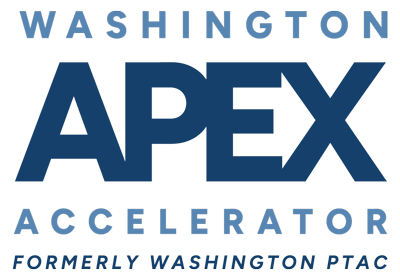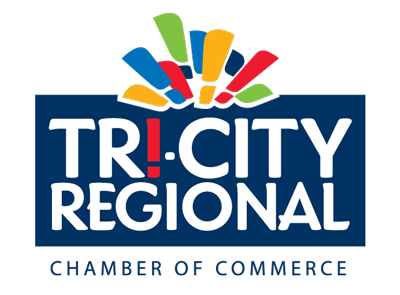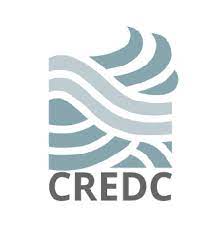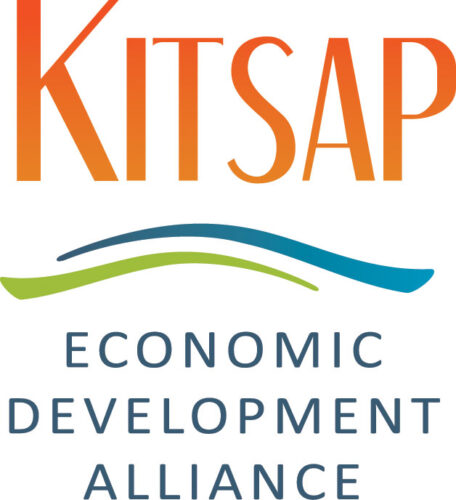In Heinze v. Tesco Corp., No. 19-20298, 2020 WL 4814094 (5th Cir. Aug. 19, 2020), the United States Court of Appeals for the Fifth Circuit affirmed the dismissal of a putative class action suit under Section 14(a) of the Securities Exchange Act of 1934 (“Exchange Act”), 15 U.S.C. § 78(b) alleging that defendant Tesco Corporation (“Tesco”), former members of Tesco’s board of directors and Nabors Industries, Ltd. (“Nabors”) omitted material information from a proxy statement issued in connection with Nabors’ acquisition of Tesco in 2017. Applying the heightened pleading standard of the Private Securities Litigation Reform Act of 1995 (“PSLRA”), 15 U.S.C. § 78u-4, et seq., the Court held that plaintiffs failed to show how the omitted facts were necessary to make the statements therein not false or misleading. Heinze marks a significant victory for companies facing Section 14(a) shareholder litigation over merger-related proxy statements, reaffirming the PSLRA’s specificity requirements as well as its safe harbor provision shielding companies from liability over certain forward-looking statements and projections.
Over the past several years, lawsuits challenging mergers have been filed with increasing frequency in federal courts under Section 14(a) and Securities & Exchange Commission Rule 14a-9(a) promulgated thereunder. That rule provides:
No solicitation subject to this regulation shall be made by means of any proxy statement, form of proxy, notice of meeting or other communication, written or oral, containing any statement which, at the time and in the light of the circumstances under which it is made, is false or misleading with respect to any material fact, or which omits to state any material fact necessary in order to make the statements therein not false or misleading or necessary to correct any statement in any earlier communication with respect to the solicitation of a proxy for the same meeting or subject matter which has become false or misleading.
17 C.F.R. § 240.14a-9(a).
Here, plaintiff alleged that four material omissions from the Tesco proxy statement rendered it misleading: (1) projections of unlevered free cash flows for 2017 through 2022; (2) projections for revenue, EBITDA and other metrics for 2019 and beyond; (3) “Growth Case” projections relating to per share equity value ranges; and (4) details from the transactions analysis that J.P. Morgan Securities LLC conducted before concluding that the deal was fair. Plaintiff alleged that these omissions created an “unduly pessimistic view of Tesco’s future growth potential.” The United States District Court for the Southern District of Texas dismissed, holding that the alleged omitted financial projections were not sufficient to render the proxy statements actionably misleading, and that future projections like those about which Heinze complained were covered by the PSLRA safe harbor provision.
The Fifth Circuit affirmed. It held that plaintiff’s assertion’s suffered from “two fundamental problems.” First, the Court held that that they were “pure omission claims.” Plaintiff did not dispute the factual accuracy of any information actually contained within the proxy statement regarding revenue and EBITDA projections for 2017 and 2018 and their underlying assumptions. Instead, his plaintiff only “vaguely allege[d] that the projections were misleading because they failed to demonstrate the full extent of Tesco’s future growth potential.” The only support plaintiff provided for this theory was his own “bullish forecast” that the oil price recovery would “accelerate significantly between 2019 and 2021/2022.” The Court reasoned that Tesco was under no obligation to disclose such “rank speculation,” and that case law cited by plaintiff actually undercut his argument by cautioning against companies making overly-optimistic predictions. Most importantly, the Court concluded that shareholders cannot establish a claim under Section 14(a) based on a “theory that is untethered to any specific false or misleading representation in the proxy statement.” Instead, they must show why the omitted fact was “necessary in order to make the statements therein not false or misleading.”
Second, the Fifth Circuit clarified that — to the extent plaintiff did complain about the revenue and EBITDA projections contained within the Tesco proxy statement — such forward-looking statements were protected by the PSLRA safe harbor. The Court rejected plaintiff’s argument that legislative history showed the PSLRA “was intended to encourage companies to fully disclose their projections.” Instead, the Court held that as long as such projections “are clearly identified as forward-looking statements and are accompanied by meaningful cautionary statements identifying important factors that could cause actual results to differ,” the safe harbor will apply. According to the Court, Tesco prefaced the statements in the proxy as “forecasts” and “projections,” and followed them up with several pages of cautionary language explaining their underlying assumptions and potential factors which could impact the actual results. As such, the Court held that Tesco’s projections fell “comfortably within the safe harbor.”
The Fifth Circuit’s ruling in Heinze offers companies a well-defined roadmap for avoiding and combatting common merger-related shareholder claims under Section 14(a). First, the Court demonstrates why companies should not feel obliged to communicate every speculative outcome that might occur after a proposed merger, as they cannot be held liable for pure omissions of such projections from their proxy disclosures. Second, by accompanying each forward-looking statement in those proxy statements with appropriate cautionary language, the Court makes clear that companies can avail themselves of safe harbor protections under the PSLRA should those projections ever be challenged in the future.
Syndicated from Sheppard Mullin








